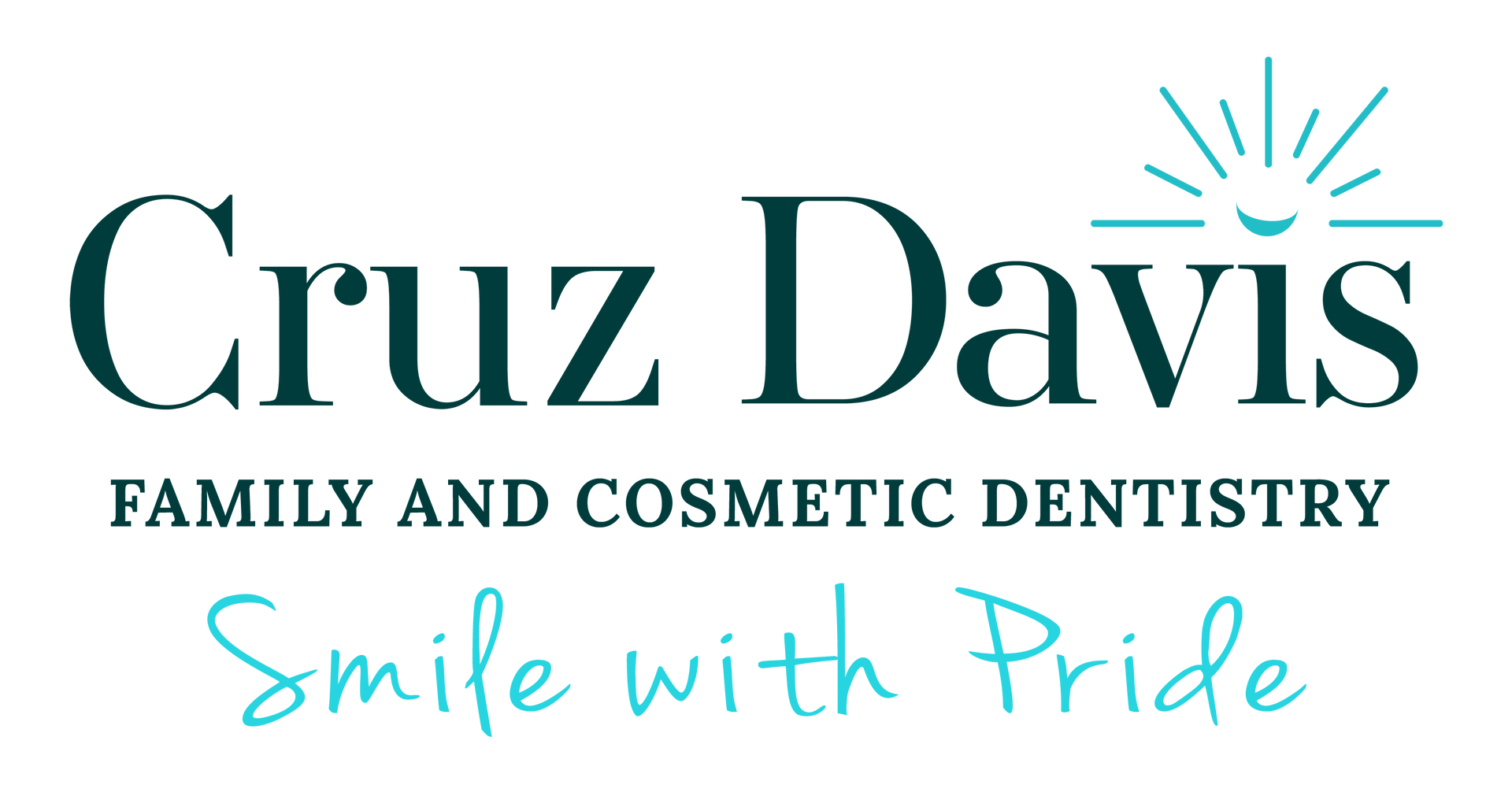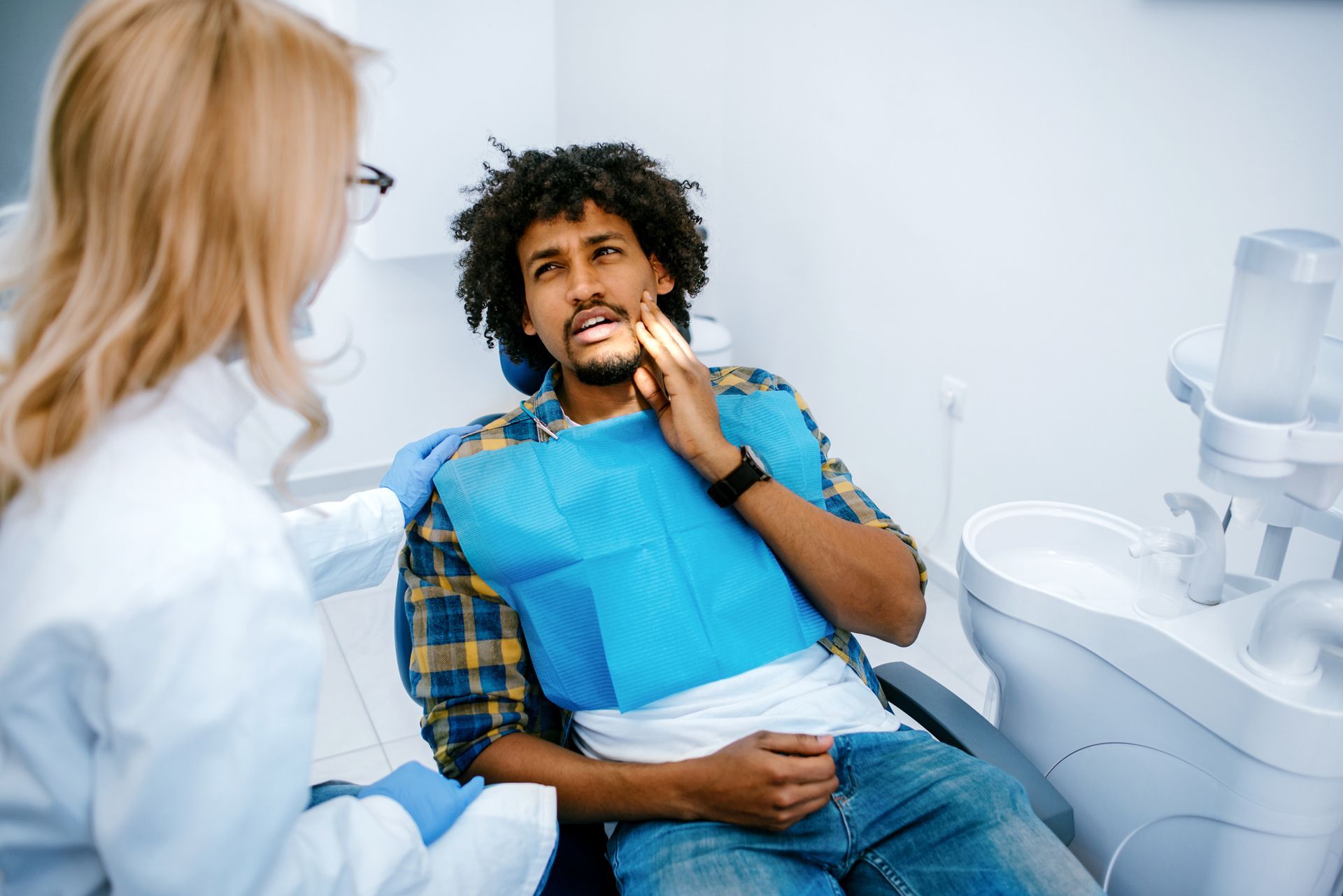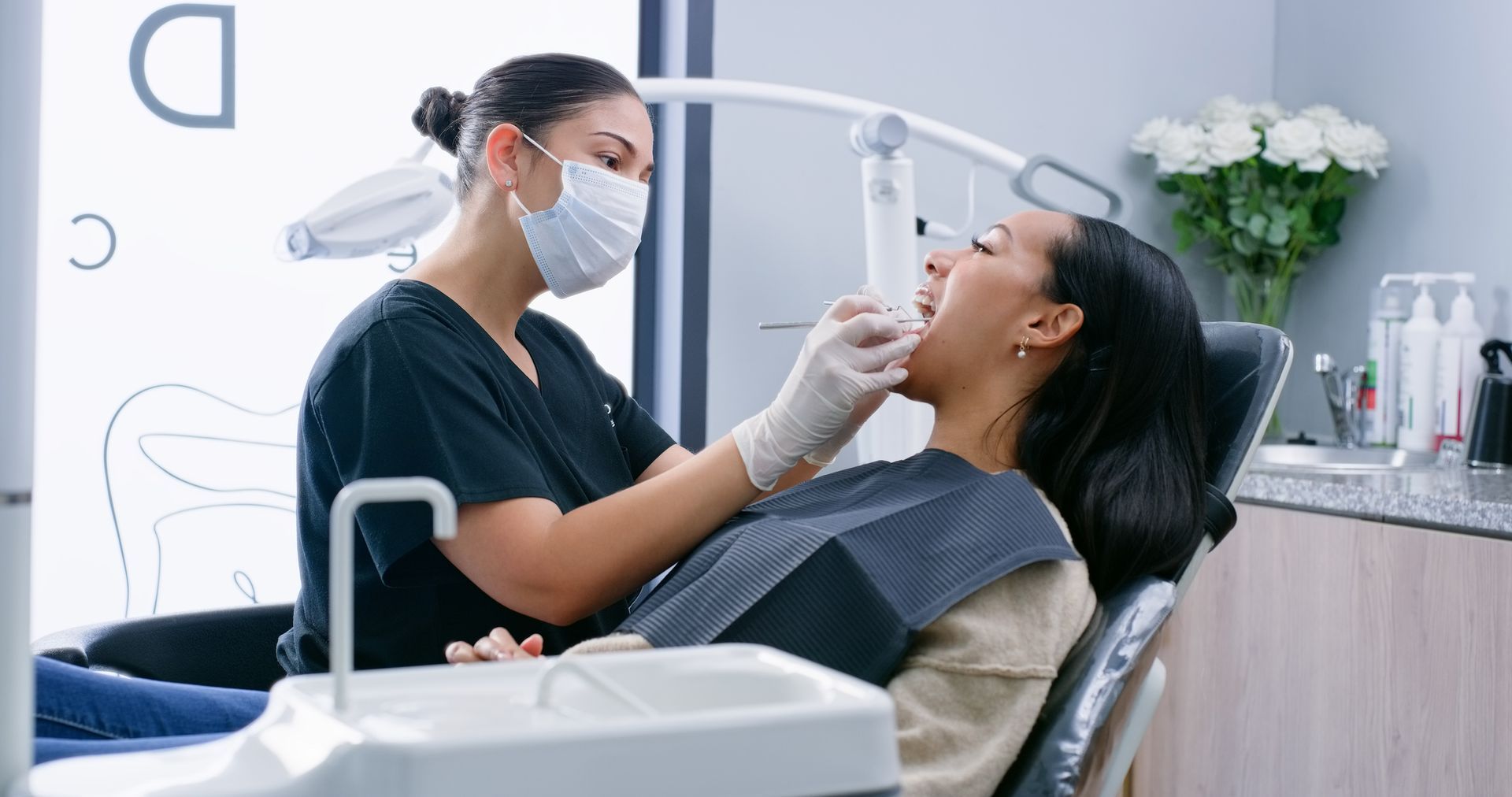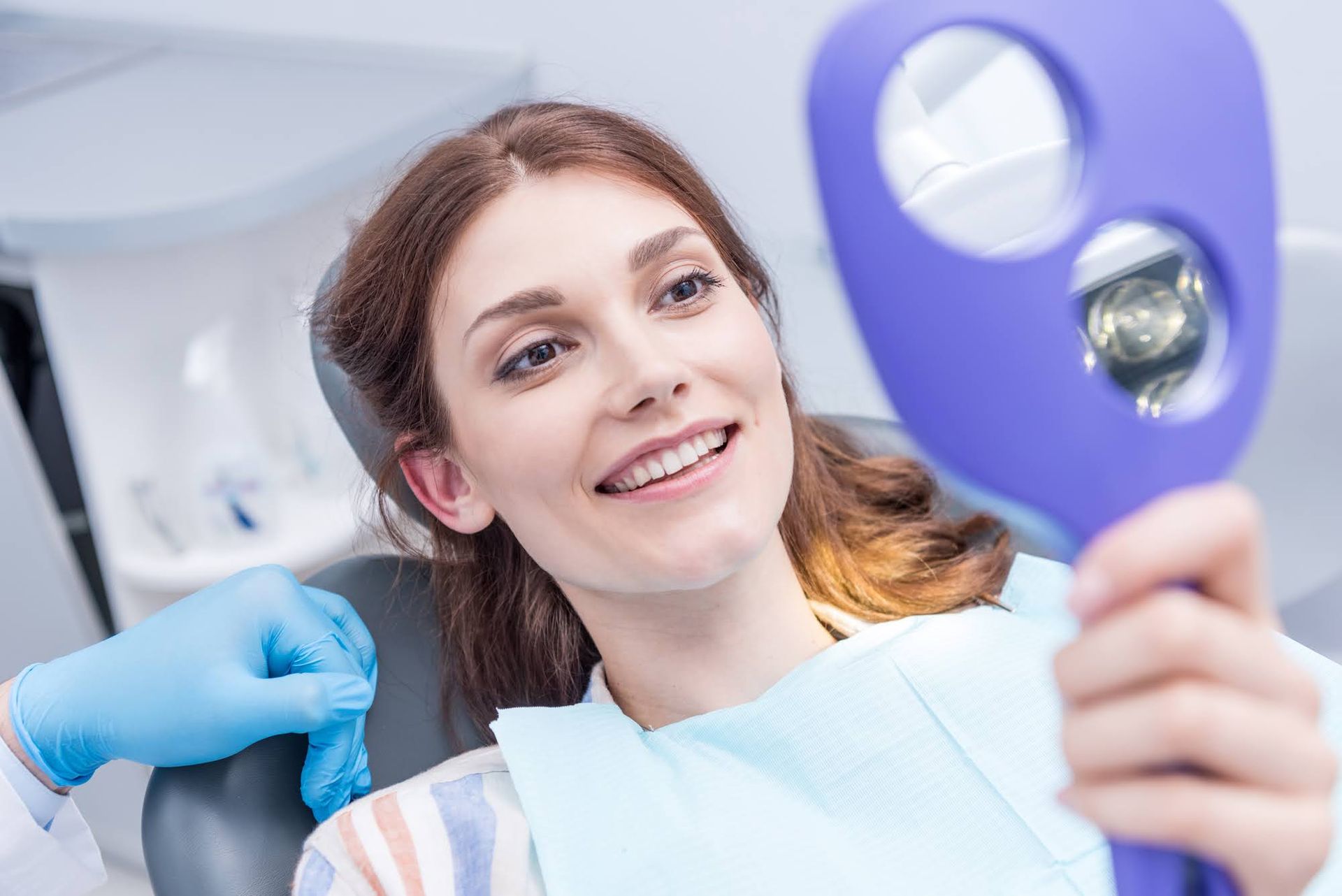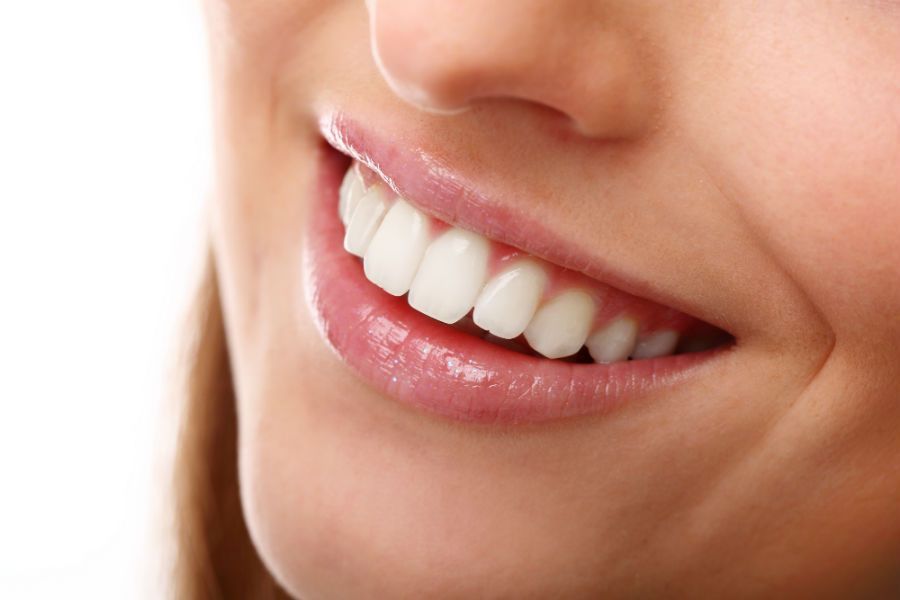Want to Speed Up Dental Implant Recovery? Consider These Tips

Once you suffer tooth loss due to periodontal disease, tooth decay, or an injury, you can choose to get a dental implant. Dental implants are ideal for restoring teeth as they look and function like natural teeth. Dental implants aren't vulnerable to decay or disease, meaning they will last a lifetime after installation.
While dental implants are a reliable and convenient solution, you will need to take care of them after the procedure. This will promote the healing process and prevent possible infections that may force your dental surgeon to repeat the surgery. Here are vital dos and don'ts to keep in mind if you want to recover fast.
Do Adhere to the Oral Surgeon's Instructions
After a successful dental implant procedure, your oral surgeon will provide specific instructions to aid recovery. Some instructions may be general (like brushing your teeth twice and flossing daily) or may be unique to your situation.
Whether you are asked to rest for longer, visit the dentist after you experience post-surgery effects, or avoid work for some time, don't ignore the recommendations. You will also need to show up for all post-surgery checkup appointments. Your healing process depends on this, and the sooner you recover, the better.
Don't Eat Immediately After Surgery
Since you aren't supposed to eat a few hours before surgery, you may be tempted to consume anything after surgery. This may interfere with the implant area; thus, avoid eating for some hours following the surgery. After this period, take soft foods that need minimal or no chewing or fluids.
Some viable options may include milkshakes, yogurt, soft pasta, freshly blended juice, mashed potatoes, or creamy soups. Use the side that wasn't operated on to chew if need be.
Do Rest Up
Like other surgical treatments, your implant procedure will take a toll on your body. For this reason, you will need to rest up for your body to heal. Reschedule all your commitments to lie down and relax. While resting, use pillows to prop up your head. This will promote blood circulation and reduce excessive bleeding, pain, and swelling.
Don't Deprive Your Body of Nutrients
The nutrients you ingest will determine if you will heal fast or not. Even if you need to take soft foods or a liquid diet, eat heartily. Prioritize nourishing drinks and soft meals to replenish essential nutrients in your body, and avoid foods that can increase your cholesterol and blood pressure levels. For instance, take low-sodium soup and foods rich in vitamin A and C to promote healing.
As you recover, avoid hard-to-chew or sticky foods because they can harm the gum or cause excessive bleeding. Also, don't take too hot foods and beverages immediately after surgery as they cause mouth burns.
Don't Indulge in Smoking or Drinking
Some lifestyle habits may slow down your implant recovery process. Smoking will disrupt the healing process and increase infection or implant failure risks — the sucking motion leads to dry sockets, a painful oral surgery complication. If you like smoking, avoid it for as long as you can. It's better to avoid the habit before and after the dental operation.
Alcohol consumption is also detrimental to the healing process as it interferes with the pain relief and antibiotic medications the dentist will prescribe. Therefore, stay away from wine, beer, or any alcoholic drink you like taking, at least until you recover fully.
Do Take an Exercise Break
As you spend more time indoors to facilitate your recovery, you may feel the urge to exercise. Regular exercise is good for the body, but you need to avoid it after the dental implant operation. This way, you will let the body heal and prevent cases of excessive bleeding or inflammation due to workout strain.
At Cruz Davis Family and Cosmetic Dentistry
, we can perform dental implant surgery and offer support throughout the recovery period. If you have lost a tooth, don't hesitate to call us to get customized service and quality dental care.

